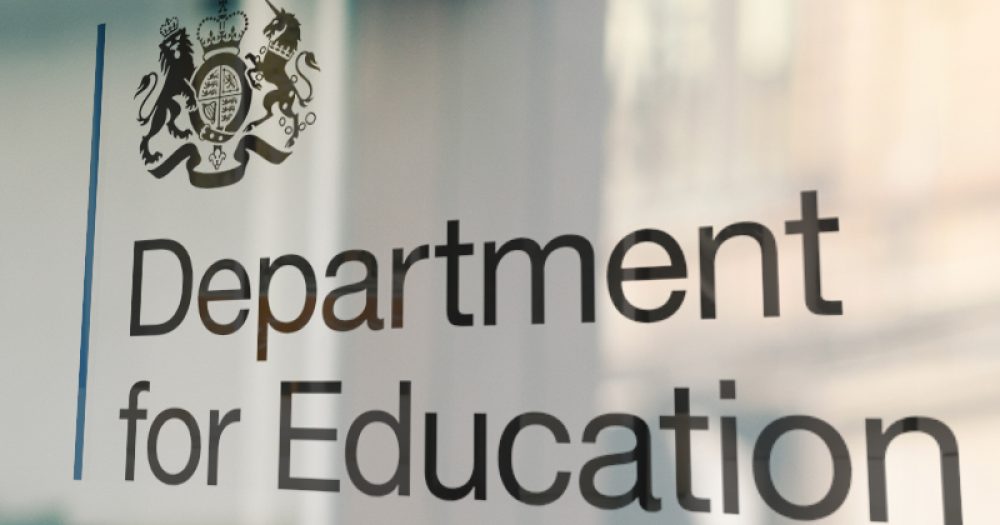The Department for Education has admitted the boost in teacher recruitment prompted by Covid-19 is expected to be “short-lived”, despite having slashed training bursaries and grants for next year.
Ruth Talbot, deputy director of the DfE’s teaching workforce directorate, made the comments at the National Association of School-Based Teacher Trainers (NASBTT) annual conference today.
A report from the National Foundation for Educational Research (NFER) in September revealed teacher training applications between March and August had increased by 35 per cent year-on-year due to the Coronavirus pandemic.
The government subsequently announced that bursaries offered to trainees in shortage subjects would either be reduced or scrapped entirely in the next academic year.
But addressing the issue at today’s event, Talbot said: “Past experience tells us that we can’t expect this bulge in interest in teaching to stay in the long-term.
“Back when we have seen similar bulges they did not last for many years. So we are expecting this bulge in interest to be short-lived.”
However, she insisted the DfE was “not being complacent”.
“We are not thinking one year ahead, we are thinking several years ahead down the line and making sure we are taking that into account in any thinking and decisions that we are making.”
The move to cut incentives last month prompted criticism from the schools community, with leaders warning the move could impact on retention.
This year, bursaries in maths, computing, chemistry, physics, languages, classics and biology were all worth £26,000.
But in 2021-22, trainees in maths, computing, chemistry and physics will get £24,000, while trainees in classics and languages will get just £10,000 and the biology bursary will be reduced to £7,000.
Bursaries in other subjects including geography, design and technology, English, history and music will be scrapped altogether.
The DfE also ended grants for school direct salaried trainees in primary and various secondary subjects, prompting schools to rethink whether their entire training programmes are viable.
The cuts mean next year’s incentives spend of £130 million is nearly half of what is due to be spent this year.
Talbot’s warning today echoed words of caution from headteachers earlier this year when the NFER’s research first pointed to a rise in supply.
Nick Brook, deputy general secretary of the NAHT school leaders’ union, said at the time: “We should remember that the new entrants who joined the profession as a result of the 2008 financial crisis melted away as economic conditions improved, while attrition and wastage rates grew over the following decade.”
Elsewhere in her keynote address Talbot explained that “despite the overall buoyancy to recruitment” there would be subjects which still faced challenges.
“They are the subjects in which we have faced recruitment challenges for many years and whilst we are hopeful that the boost in interest in teaching will help ease the pressure on those subjects, I still think the pressures will remain.”








Your thoughts